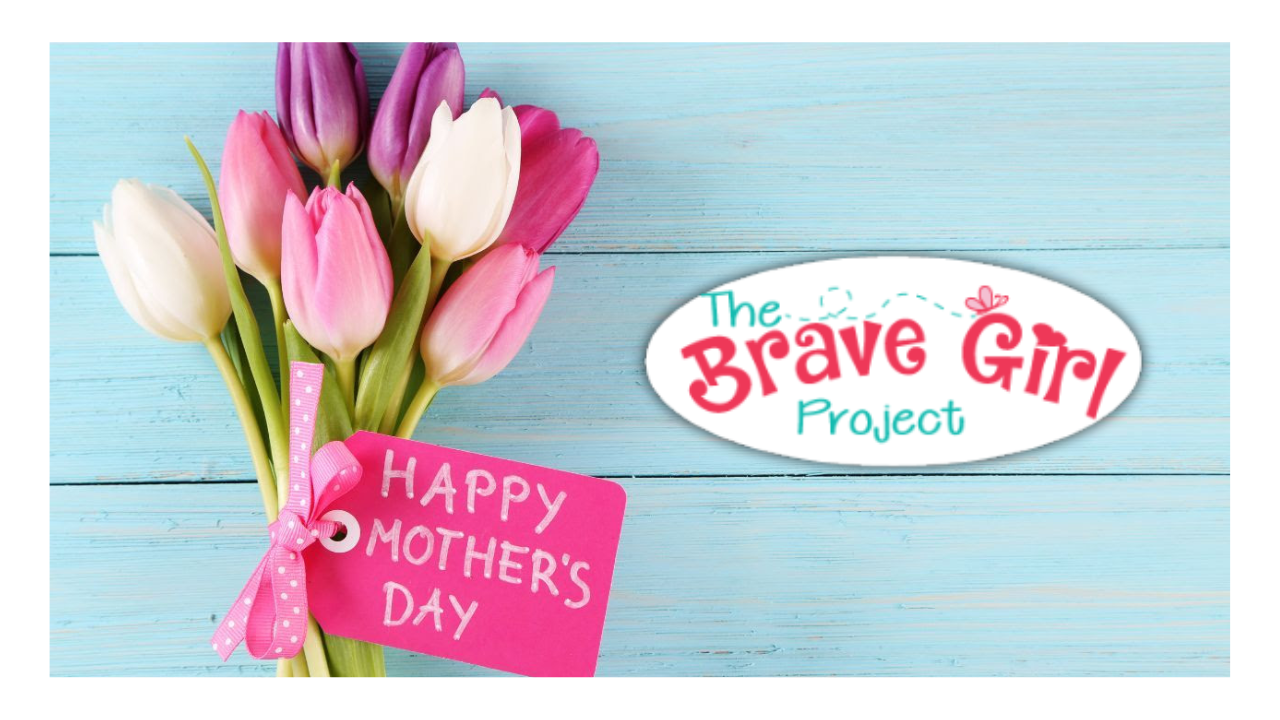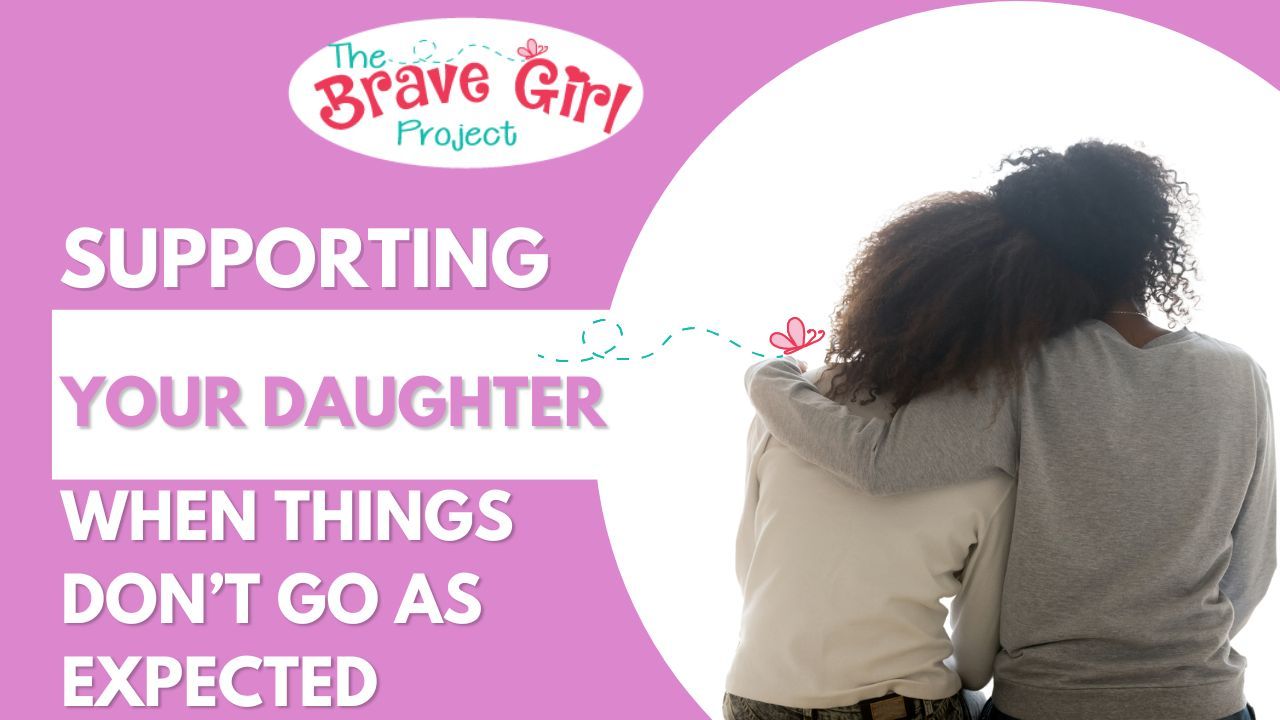The Brave Girl Project Blog
Helping tween and teen girls—and their parents—navigate friendship challenges and build confidence. Find the tools and resources you need to support your daughter and empower her to live bravely.
As I prepare to watch my son graduate from high school (wait - how did the time go by so quickly!) and step into a new chapter of his life, I’ve been reflecting on the evolving relationship between parents and teens.
Recently, I listened to Lisa Damour’s latest podcast episode, "How to Stay Connec...
Happy Mother's Day
As we head into Mother’s Day weekend, I want to take a moment to honor you—the moms, stepmoms, grandmothers, aunties, mentors, big sisters, teachers, coaches, and role models who show up every day for the girls in your lives.
Your steady support, thoughtful guidance, and uncondi...
|
|
We talk a lot about red flags—the warning signs in friendships and dating relationships. But what about the green flags?
Green flags are the signs of healthy, positive, and uplifting relationships—the kind that help your daughter feel safe, valued, and supported. They help her recognize who is trul...
Forgiveness can be a tricky topic, especially for girls navigating friendships, conflicts, and emotional ups and downs. Many of us were raised with the idea that forgiveness means forgetting or letting someone back into our lives, but true forgiveness is about finding peace—without sacrificing our ...
Last week in The Brave Girl Tribe, we had a heartfelt conversation about something surprisingly overlooked—how to apologize the right way. Most of the girls shared that they had never actually been taught how to make a proper apology!
This made me think of Dr. Kirk Honda from Psychology in Seattle...
Why Community Support is Essential for Middle and High School Girls
Friendship challenges can feel overwhelming for middle and high school girls. From shifting social circles to the pressures of fitting in, these years can be a rollercoaster of emotions. One of the most powerful ways to help girls ...
Do you ever find yourself unsure how to help your daughter navigate the ups and downs of friendships?
You’re not alone—many parents share this challenge.
In fact, parents often reach out to me expressing how difficult it can be to deal with their daughters’ friendship issues.
For some, these stru...
Unlock Your Motivation Toolkit – Get Ready to Inspire Action!
Last week in our virtual High School and Brave Tribe groups we explored practical tips for staying motivated and shared how important it is to set goals, visualize success, and celebrate every victory. A big thank you to everyone who joi...
As the lazy days of winter break come to an end, the thought of jumping back into the school routine can bring about a case of the back-to-school blues for students and parents alike. But worry not! We've put together effective strategies and personal tips to help make this transition smoother and m...
As we get ready to step into 2025, it's the perfect time to pause, reflect, and plan for the months ahead.
Many of us set resolutions with the best intentions, but often, we don’t have a clear plan on how to achieve them.
This year, let’s do it differently with a simple yet powerful tool that I’m...
As the year draws to a close, I recently had the chance to spend some time with some of my favorite teacher friends. During our discussions, we explored what children and teens truly need to succeed. Unanimously, we recognized one critical skill that underpins many others: the ability to navigate di...

















